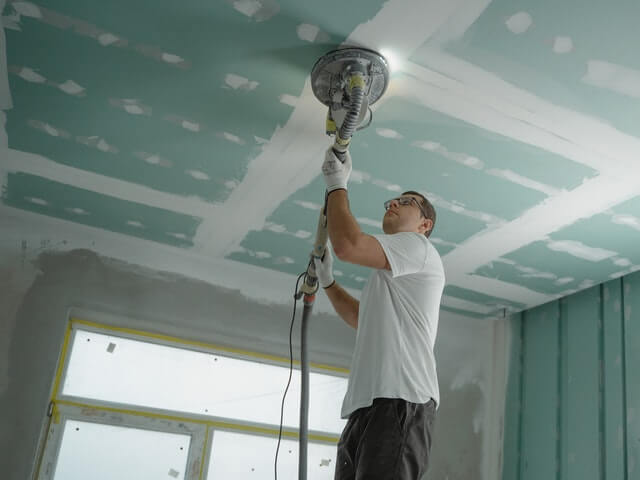Whenever tenants rent a property or unit, they are aware that they need to pay the rent. However, new tenants are not that oriented about the other payments. As you very well know, there are additional fees involved in the lease. One of those fees is the security deposit or damage deposit.
What is a security or damage deposit?
The security deposit is an amount given to the landlord at the beginning of a lease. Its purpose is to become an emergency fund for repairs of unexpected damages caused by the tenants. It can also cover the tenant’s unpaid rent or last month’s rent.

Simply put, the deposit helps the landlord avoid spending his own money on something he should not. At the end of the lease, the landlord returns the remaining amount to the renter. However, security deposits are not the same in every province. You have to make sure to check the laws about deposits in your local area. For example, in Quebec, the landlords cannot ask for the last month’s rent or any other fees from the tenants. The same thing goes in Ontario.
The amount needed for the security deposit will also differ from province to province. Take the province of British Columbia, for instance. The deposit should not exceed the worth of half of the first month’s rent.
In Alberta, the amount for the deposit should not exceed the worth of a month’s rent. Landlords should place the money in an interest-bearing account in a bank or trust company. They should do this within two banking days after they receive the payment. Security deposits should be well-documented, which landlords should keep for at least three years after the end of the tenancy.
Interest
Landlords in Alberta have to pay interest for their tenants’ security deposits at the end of each year of their tenancy. It is paid for annually except for instances wherein the landlord and tenant agree on having it compounded and paid at the end of the occupancy. The computation for the interest rate uses the formula set by the Security Deposit Interest Rate Regulation.

The current interest rate is different from the past ones. For example, from the start of January 2008 to the end of December 2008, the minimum annual interest rate is 0.5%. By 2021, the minimum is 0%.
Returning security deposits to tenants
The tenants can get their security deposits back after their lease if they meet the following conditions:
• There are no damages to the property, and everything inside it, except for the normal wear and tear.
• The tenant does not have any remaining balance because of unpaid rent and fees.
• The property is not excessively dirty and was cleaned before moving out.
• The tenant did not leave any belongings which will need payment to remove.
The landlord has the right to keep the security deposit to cover the expenses of the tenant’s damages. If the price for the unmet condition costs more than the security deposit, the landlord can ask for the additional amount. There are legal ways to do this. If the tenant disagrees with the deductions, they can take action and apply to the Residential Tenancy Dispute Resolution Service.

Before the landlord makes any deductions, he should comply with the inspection requirements first. But if there is no need to deduct any amount, the landlord should return the security deposit and pay the interest within ten days after the tenant turns over the property. The tenant should receive the details for any amount taken off of their damage deposit.
The best way to handle the security deposit, and any returns to the tenant, is for the landlord to perform inspections. Because that way, they can identify any changes to the property made after the renters moved in. It is also crucial to document every detail to serve as proof.
Since you will encounter first-time tenants, you can orient them on these fees and make them aware of the possibilities. So I guess it’s time for you to start looking for renters, am I right? To make it easier for you, why don’t you try using Padleads? It’s this great website where you can post property listings and have them syndicated all over the internet. Go ahead and sign up now.